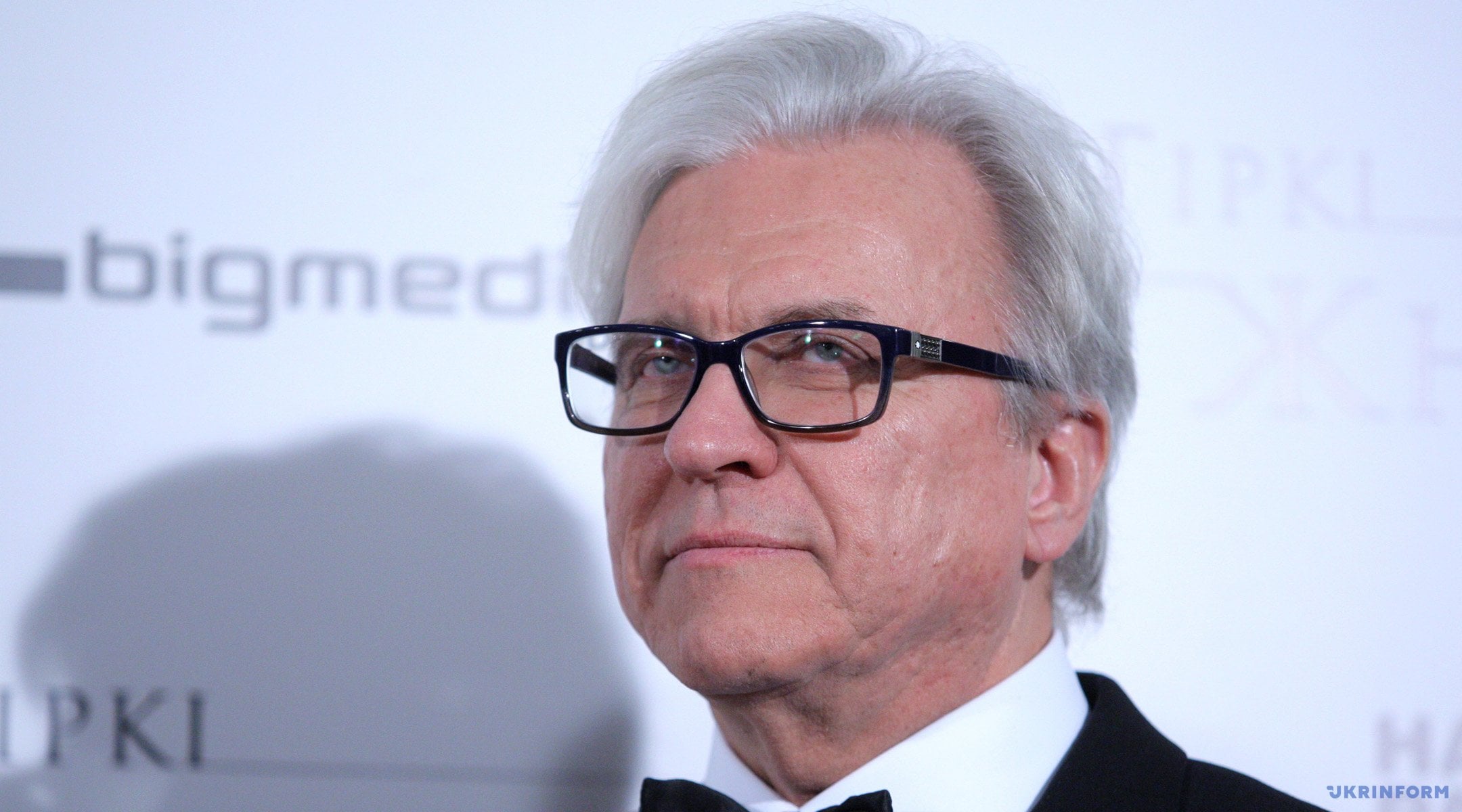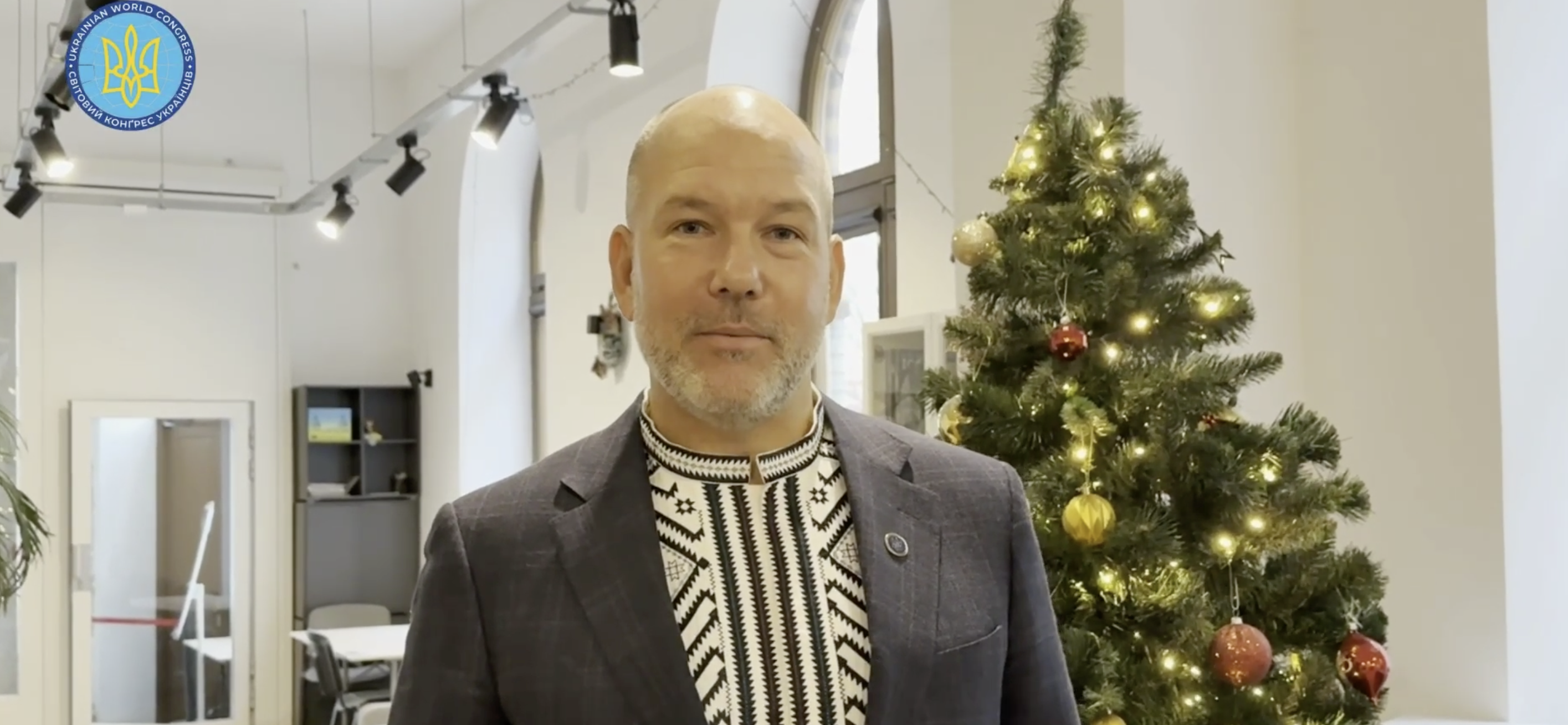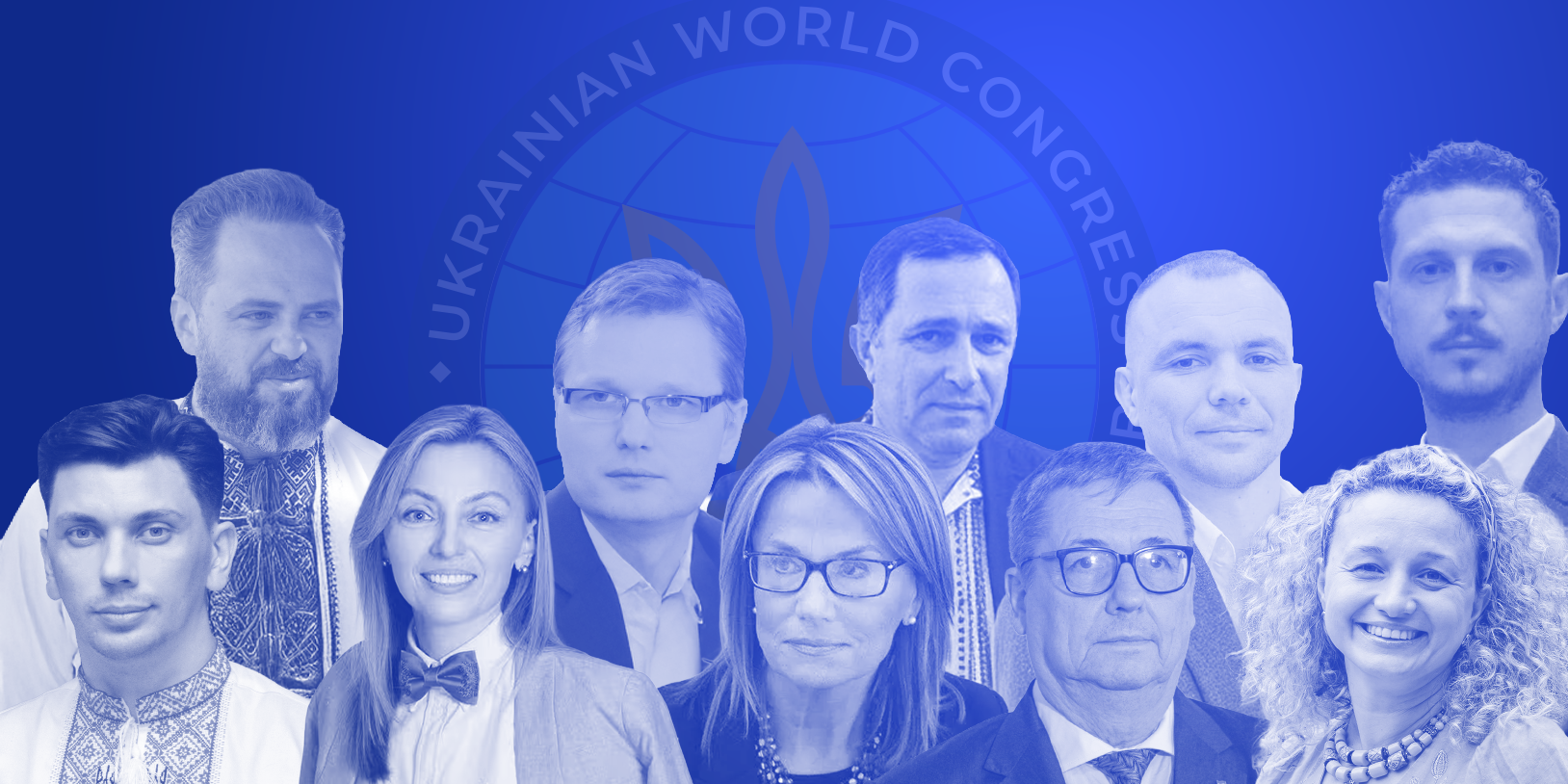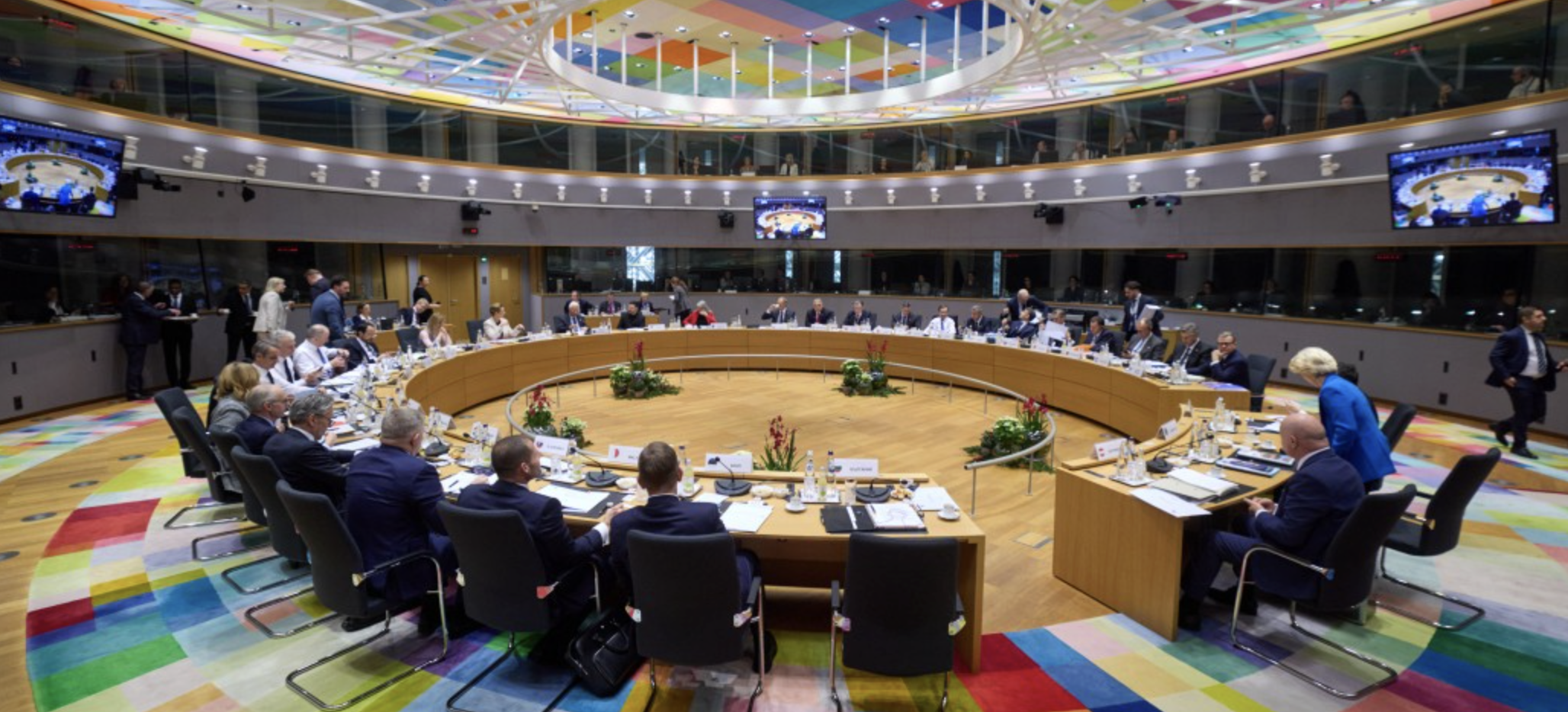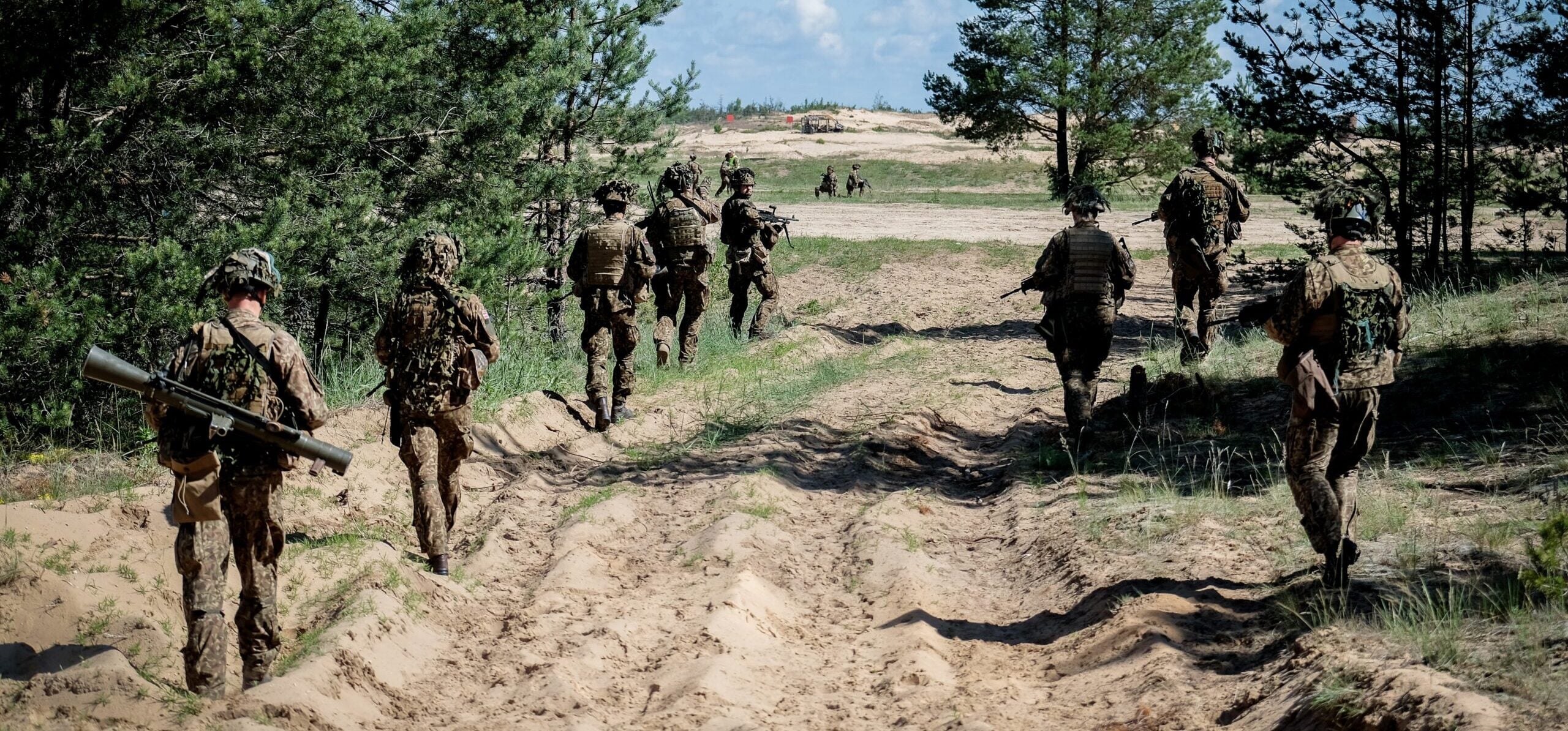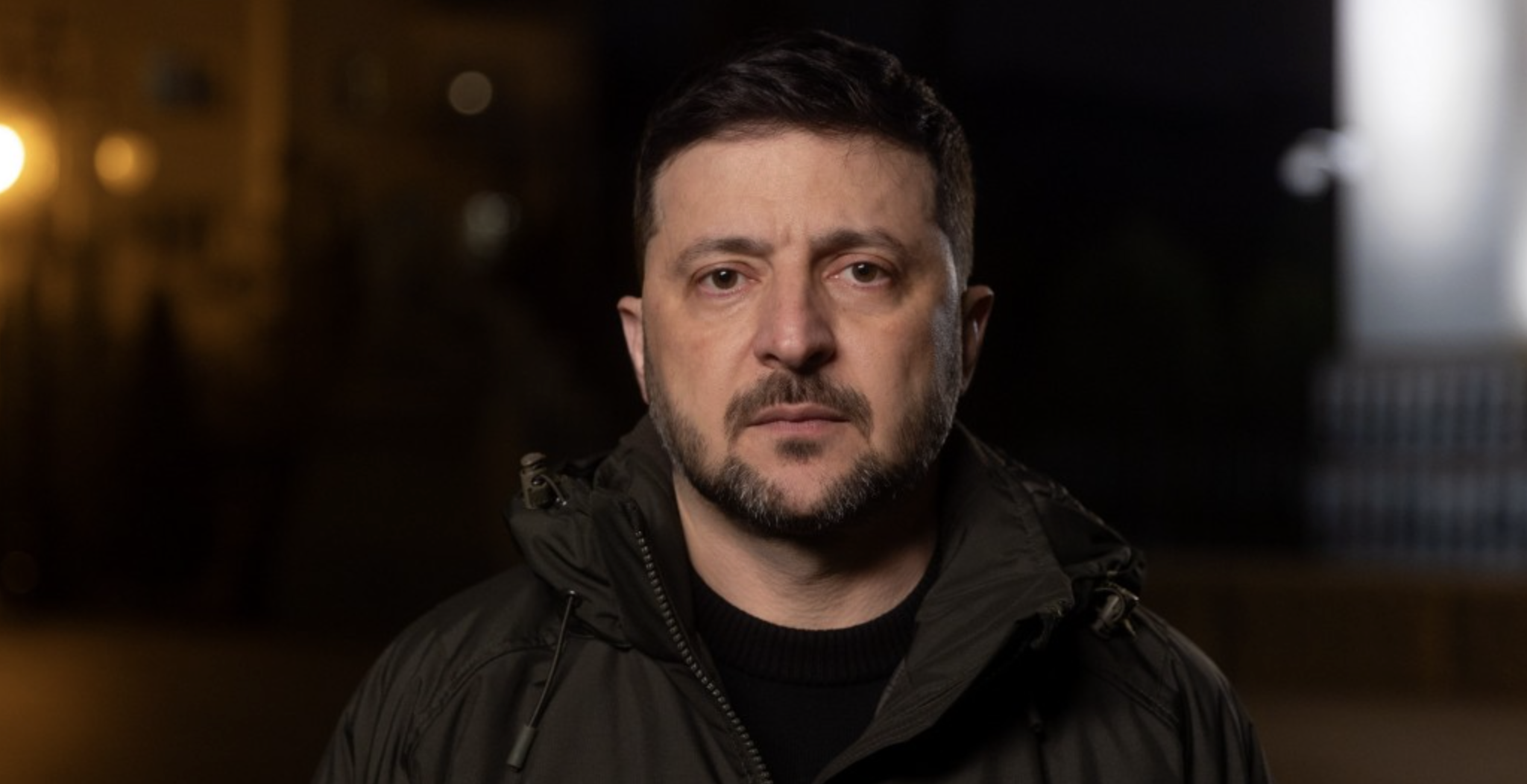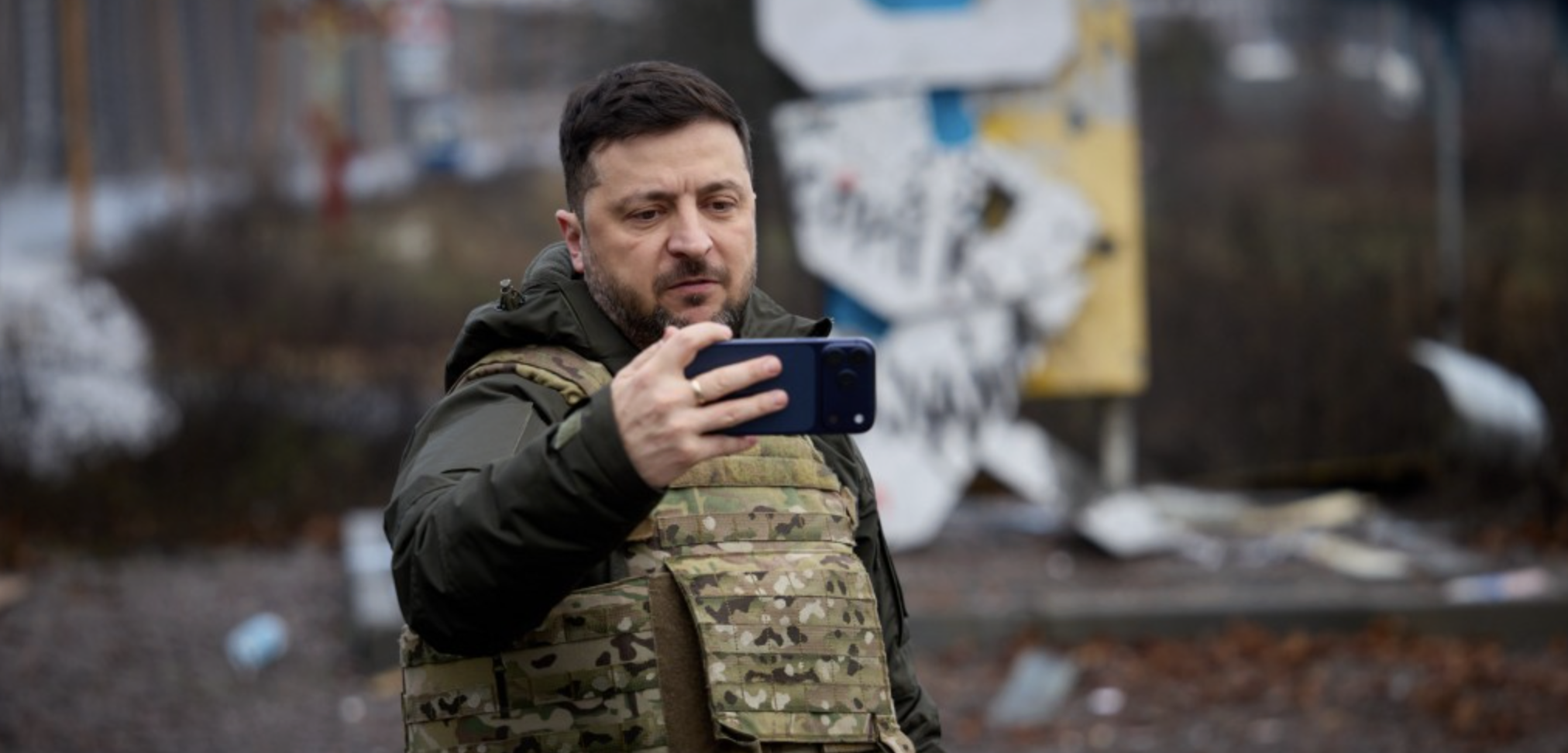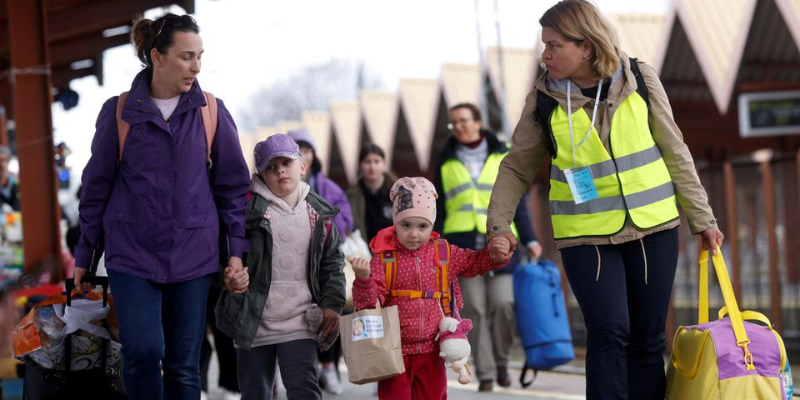
As Russia continues to target the Ukrainian energy infrastructure on the eve of the winter, Eastern European countries anticipate a “possible fresh surge in Ukrainian refugees,” are preparing to reopen reception centers and are restocking food supplies, Reuters reports from Bratislava, Prague, Budapest and Warsaw.
According to data from the United Nations High Commissioner for Refugees, about 4.5 million Ukrainian refugees have currently registered under some or other protection scheme across Europe, mostly in Slovakia, Poland, Hungary and Romania – the EU states bordering Ukraine. Within Ukraine, some 6.9 million people are believed to be displaced internally, often living in very tough conditions. The Slovak government has a contingency plan envisaging that as many as 700,000 of them can come to the country in the coming months.
“An increase in numbers is being felt and is expected. It is currently up 15%,’ Roman Dohovič, an aid coordinator for the eastern Slovak city of Košice, told Reuters. “We are being called by people who are already staying in Kosice and looking for accommodation for family members and acquaintances who are still in Ukraine.”
However, Charity Caritas Slovakia said it had “enough tents and sleeping bags from last winter but has observed a drop in public contributions and has insufficient food supplies in stock.”
In Hungary, the number of daily arrivals at the Zahony train station close to the Ukrainian border has “jumped tenfold to around 300-500 since Russia’s bombardment of Ukrainian cities intensified,” says Zsófia Dobis-Lucski, spokesperson for a Hungarian NGO working at the border. That is still below the 1,000 per day in the spring, just after Russia’s full-scale invasion began, but power shortages in Ukraine are expected to boost arrivals in the coming weeks.
Poland’s busiest gateway for refugees since the Russian invasion, Przemyśl, has been largely quiet lately, with just a few dozen people currently staying at the local reception center – a “fraction of the 4,000 seen in the spring.”
“We have to prepare for winter, we have long anticipated that it may be difficult and we must be ready for some new wave of refugees,” said Witold Wołczyk from Przemysl city hall. “We are constantly stocking up on hygiene products and food.”
Czech Interior Minister Vít Rakušan anticipates that some of the refugees who registered to stay in Europe but returned to Ukraine, about a fifth, may come back due to harsh winter conditions.
Although not bordering Ukraine, the Czech Republic has been a popular destination for refugees, giving temporary permission to stay to around 457,000.
“Anything above half a million arrivals will put a heavy strain on the healthcare and education systems but especially on the capacity to provide decent accommodation,” Rakušan said. “It will not be possible to build improvised tents in the winter.”
